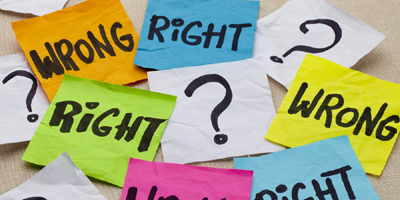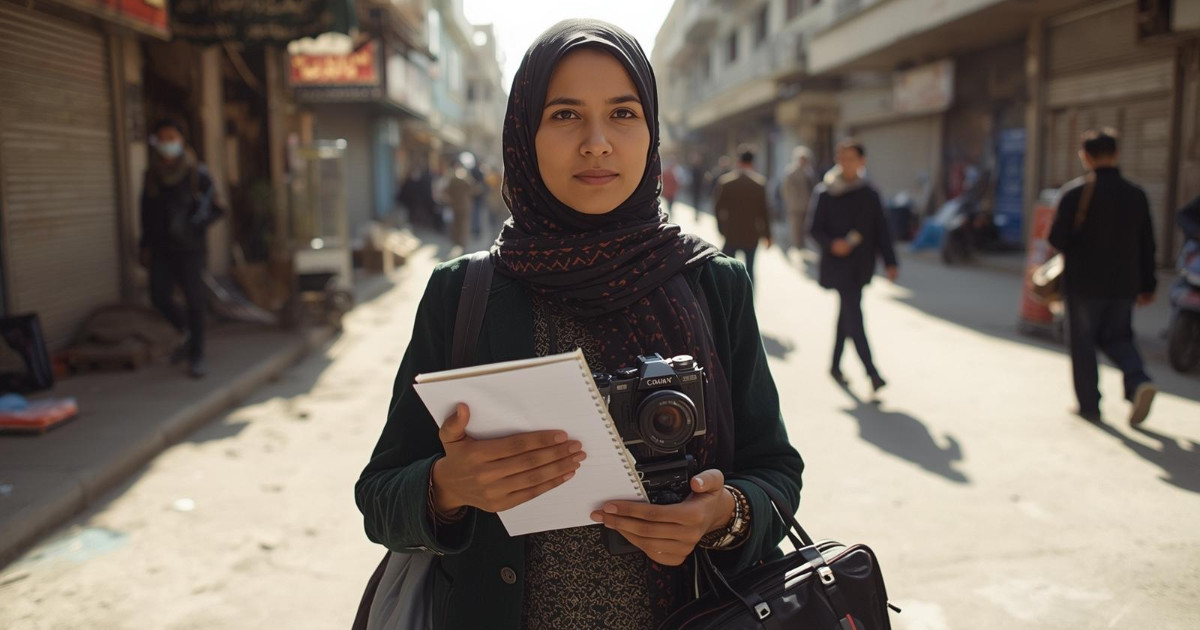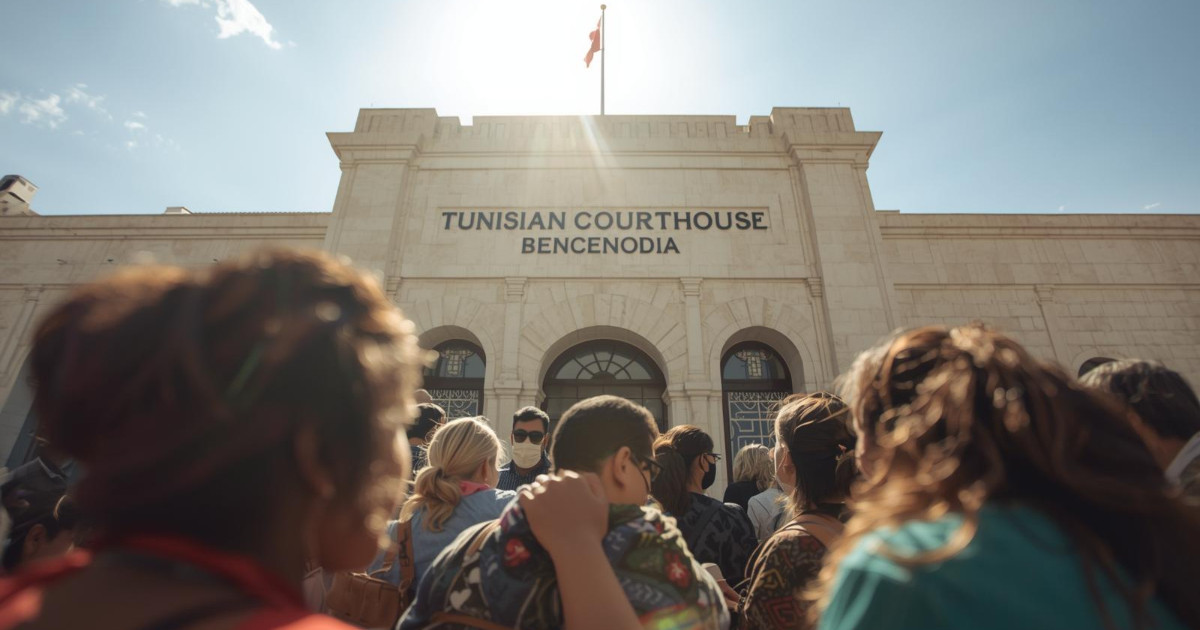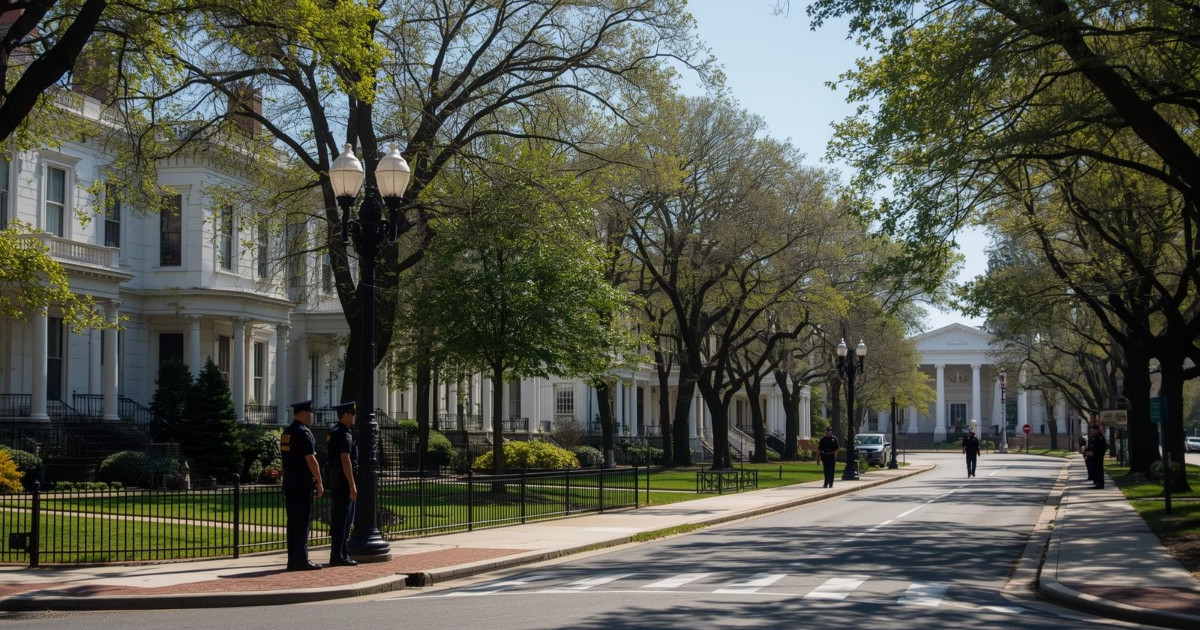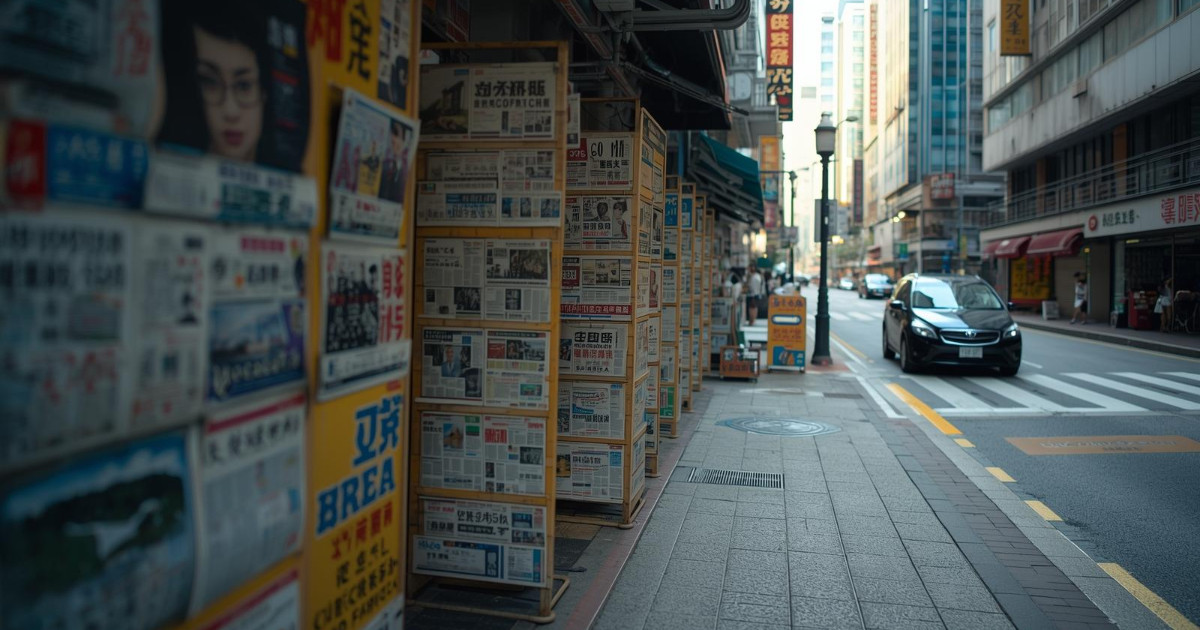PFUJ proposes code of conduct for media on reporting terrorism
JournalismPakistan.com |
Published: 31 March 2015
Join our WhatsApp channel
The Pakistan Federal Union of Journalists (PFUJ) proposed a code of conduct aimed at responsible reporting on terrorism. This initiative focuses on safeguarding journalists and promoting ethical media practices.
ISLAMABAD: Pakistan Federal Union of Journalists (PFUJ) on Tuesday proposed a code of conduct for media houses with an aim to ensure fact-based responsible reporting of terror-related incidents and safety of journalists tasked to cover such events.
Shahryar Khan, President of National Press Club, Islamabad told JournalismPakistan.com the code of conduct has been developed after months of deliberations and consultations with all relevant stakeholders. “We are working to protect rights of the working journalists and will continue to do so,” he said.
Focusing on generic coverage the code of conduct underlines the need to set up an editorial board in all media houses to develop a content policy on reporting and analysis of terrorism incidents.
In a statement, the PFUJ said that a self-regulatory Media Complaint Commission comprising senior journalists should be formed and no content should be printed/aired that directly or indirectly sympathizes with or justifies the actions and ideologies of the terrorist groups, individuals and banned organizations.
Statements and interviews of individuals from banned organizations or their sympathizers should not be allowed in media and there should be follow up coverage focusing on victims and survivors of these attacks and how they have suffered due to the actions of the terrorists, it said.
“No re-enactment of terror related incidents should take place without approval of the media house editorial board. The law enforcement agencies should also set up their own media cells to facilitate journalists on terrorism related issues and provide factual information."
It was also underlined that the media houses must provide life insurance coverage to their employees and DSNGs and all field staff should be equipped with bulletproof jackets, helmets and proper gas masks, and other required material.
As far as live coverage is concerned the code of conduct stated every channel should have special correspondents to report on terrorism and factual statements from the official sources should be given preference over all unofficial accounts.
There should be no attempts to interview victims or rescue operatives or personnel of law enforcement agencies during any operation in the immediate aftermath of a terrorism incident. The term ‘Taliban’ should not be used as a generic term to describe the alleged terrorists; unless it is proven that they are members of a group that refers to itself as Taliban.
The code of conduct also urges the media houses not to air or print footage/image that may incite fear, panic or violence among people. There should be no pre-emptive speculation on a terrorist incident unless confirmation is received from the authorities.
The PFUJ president Afzal Butt after preparation of the code of conduct said the media has responsibility to educate the public and increase awareness on the evils and consequences of terrorism and extremism.
“Responsible coverage of terror incidents and safety of the media workers should be prime responsibility of the media houses and the code of conduct has been prepared to effectively serve this purpose,” he said.
He said glorification of terrorists in the media has adversely affected the war on terror so there is a need to end to this trend and instead promote those views that can help eradicate the menace of terrorism from the society.
The code of conduct has beenunanimously prepared by journalists including anchor Hamid Mir, PFUJ President Afzal Butt, PFUJ General Secretary Khursheed Abbasi, Bureau Chief Geo News Rana Jawad, Editor of Daily Express Rao Khalid, National Press Club President Shahryar Khan, Rawalpindi Islamabad Union of Journalists (RIUJ) President Ali Raza Alvi and RIUJ General Secretary Bilal Dar.
KEY POINTS:
- PFUJ aims to enhance responsible media reporting on terrorism.
- A self-regulatory Media Complaint Commission should be established.
- Media houses must ensure safety measures for journalists, including insurance and protective gear.
- Live coverage of terror incidents should prioritize official statements.
- The term 'Taliban' should only be used accurately to avoid misrepresentation.
